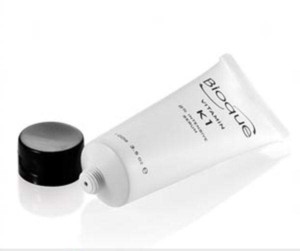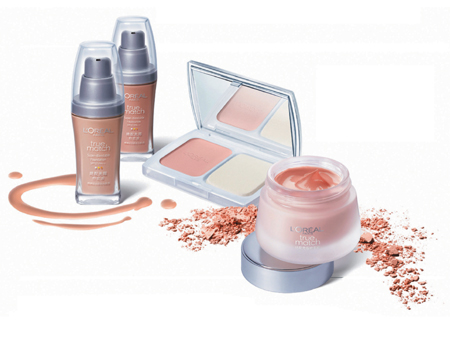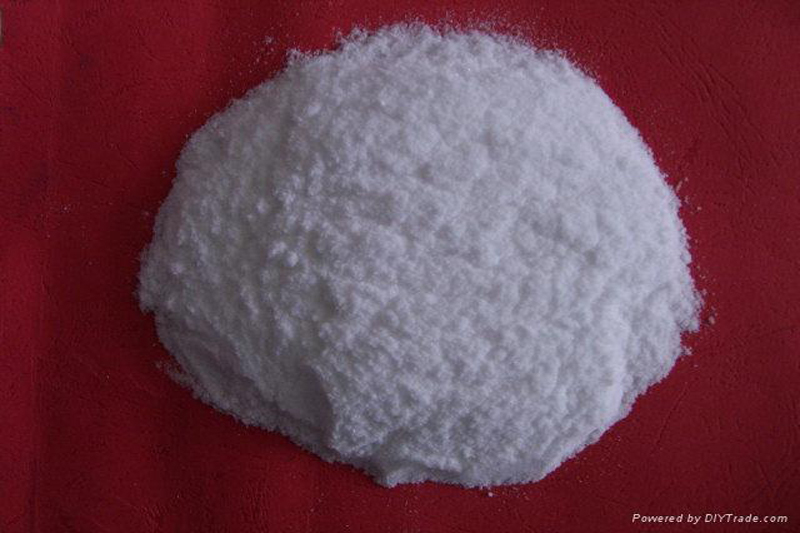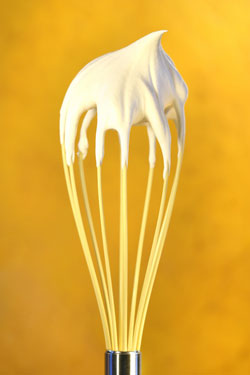Does anyone know if Vitamin K1 (Phylloquinone) is gluten free? 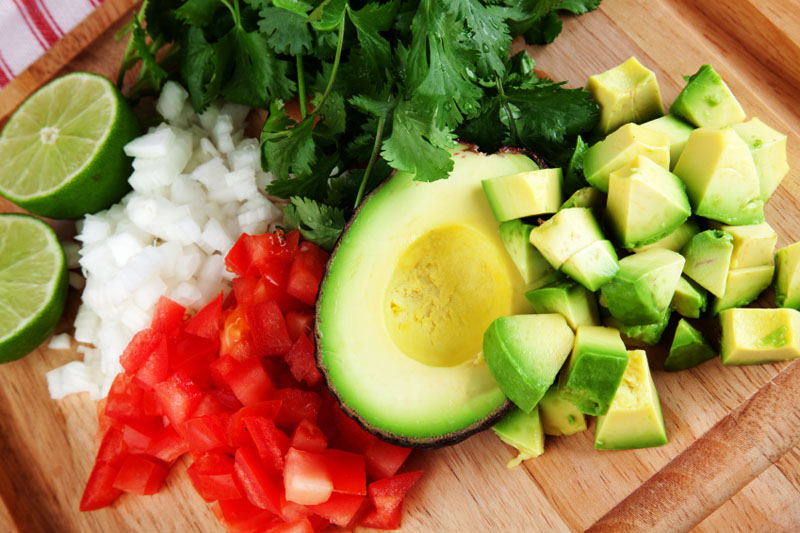
Yes, Vitamin K1 (Phylloquinone) is gluten free and widely used in gluten free food used as nutritional supplements inin multivitamin supplements, a wide range food products, and drink powders.. Phylloquinone (Vitamin K) is a food grade fat-soluble vitamin. Vitamin K helps blood to coagulate properly and reduces the risk of osteoporosis.
Why is Vitamin K1 (Phylloquinone) gluten free?
Gluten is a type of elastic grain protein that helps wheat, rye and barley hold their shape. Because of its glue-like properties, gluten is often added to other food products—pasta, sauces, crackers, baked goods—to thicken or bind those products together. Raw materials used in manufacturing of Vitamin K1 (Phylloquinone) are synthesized chemical ingredients; So The manufacturing process of Vitamin K1 (Phylloquinone) is gluten free. So, Vitamin K1 (Phylloquinone) is gluten free.
What foods contain Vitamin K1 (Phylloquinone)?
Food contains Vitamin K1 (Phylloquinone) are mostly inin multivitamin supplements, a wide range food products, and drink powders.
Why should you go Gluten free, Gluten free foods are good or not?
People with celiac disease or Gluten intolerance or sensitivity should intake gluen free foods. Nowadays more and more groceries and health food stores stock gluten-free products. That’s good for people with celiac disease, who for health reasons should not eat wheat with gluten. The market for gluten-free products is exploding. Many people may just perceive that a gluten-free diet is healthier.
Is it necessary for all people to eat gluten foods? In fact, it isn’t. For people with celiac disease, a gluten-free diet is essential. But for others, unless people are very careful, a gluten-free diet can lack vitamins, minerals, and fiber.
How to avoid Gluten ingredients?
Someone is strict adherence to a gluten-free diet for life. It requires knowledgeable nutritional counseling and frequent updates as commercial food contents change. must be alert to hidden sources of gluten such as HVP/HPP (hydrolyzed vegetable/plant protein). Today’s processed and packaged foods have many hidden sources of gluten, which can be unintentionally ingested. To be safe, a person should read ingredients on labels every time they purchase food as manufacturers frequently change ingredients.
Vitamin K1 (Phylloquinone) is a polycyclic aromatic ketone manufactured through chemical synthesis, available as off-white to yellow, fine powder. It’s widely used as nutritional supplements in food production for its a great meat substitute in vegan recipe.
Is Vitamin K1 (Phylloquinone) gluten free?
Yes. Vitamin K1 (Phylloquinone) is gluten free and widely used in gluten free food to provide a great dietary supplement that are essential for human health to processed food.
Why is Vitamin K1 (Phylloquinone) gluten free?
To answer this question, we need to clarify another question: what is gluten. Gluten is protein composite found in wheat and related grains, including barley and rye. (Wikipedia) First, gluten is a protein. Second, gluten is mainly found in wheat and related grains. As we mentioned before, Vitamin K1 (Phylloquinone)is a polycyclic aromatic ketone which is significantly different from protein. Raw materials used in manufacturing of Vitamin K1 (Phylloquinone) are ther synthesized chemical ingredients; Vitamin K1 (Phylloquinone) barely includes gluten impurity. So, Vitamin K1 (Phylloquinone) is gluten free.
How is Vitamin K1 (Phylloquinone) used in gluten free food?
Vitamin K1 (Phylloquinone) is widely used in food production to provide a great dietary supplement that are essential for human health to processed food. Vitamin K1 (Phylloquinone) is usually used in processed food rather than daily recipe.
Why should you go Gluten free?
Celiac disease: Celiac disease is an autoimmune disease that attacks the small intestine due to the presence of gluten, for which a gluten-free diet is the only medically-accepted treatment. In 2009 research showed between 0.5 and 1.0 percent of people in the US and UK are sensitive to gluten due to celiac disease. So people with Celiac disease have to stick to gluten free diet to avoid unexpected side effect caused by consumption of gluten.
Non-celiac gluten sensitivity: Some people may be sensitive to gluten but do not have celiac disease and feel better on a diet with less gluten. However, there are no specific symptoms confirmed. Non-celiac gluten sensitivity also drives more people to gluten free diet when people believe that they feel better when eating gluten free.

